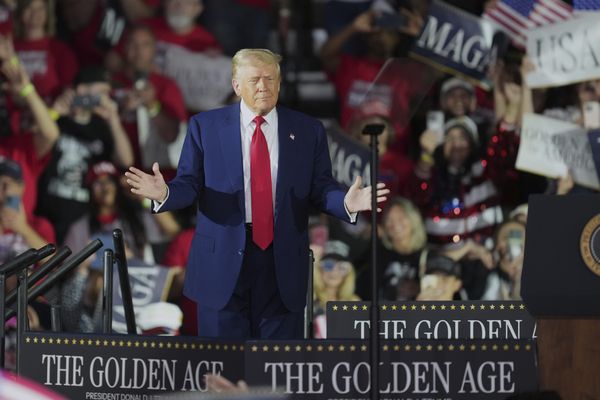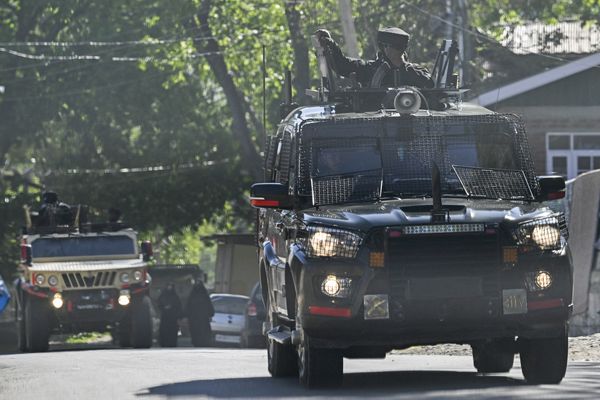
Asian shares were mixed Friday as worries deepened about the regional economy and Japan reported higher-than-expected inflation.
Benchmarks fell in Tokyo, Seoul and Hong Kong, but rose in Sydney and Shanghai.
Investors have their eyes on China's lockdowns and restrictions to curb the spread of coronavirus infections, as the direction China takes will have great impact on the rest of Asia.
“Reopening policies have pivoted in China, which will be a gradual process. COVID control measures will vary across cities, but positive top-down approaches will be ongoing,” said Stephen Innes, Stephen Innes, managing partner at SPI Asset Management.
Japan's benchmark Nikkei 225 lost 0.3% in afternoon trading to 28,288.38. Australia's S&P/ASX 200 rose 0.2% to 7,259.50. South Korea's Kospi was little changed, down less than 0.1%, at 2,440.41. Hong Kong's Hang Seng slipped 0.9% to 17,507.03. The Shanghai Composite gained 0.3% to 3,099.19.
Data on inflation in Tokyo for November beat analysts' expectations, with the core consumer price index showing a 3.6% rise, the highest in more than four decades.
The Federal Reserve and the world's other central banks have been raising interest rates to try to rein in decades-high inflation. But the Bank of Japan has resisted tightening monetary policy, a move that would counter inflationary pressures by discouraging borrowing by businesses and consumers.
“With the Bank of Japan being one of the few outliers which has not embarked on a rate-hiking process, the point of pivot will be a key question into next year," Jun Rong Yeap of IG said in a commentary.
The rising cases of COVID-19 cases and deaths in what experts are calling an eighth wave, in Japan and in other Asian nations, are also weighing on investor sentiments, but both remain relatively low so far. Many people in Japan and those nations have been vaccinated.
Shares finished higher Thursday in France, Germany and Britain. U.S. markets were closed for Thanksgiving. Wall Street will have a shortened session on Friday.
In energy trading, benchmark U.S. crude rose 50 cents to $78.44 a barrel in electronic trading on the New York Mercantile Exchange. It gave up $3.01 to $77.94 per barrel on Thursday.
Brent crude, the international standard, added 32 cents to $85.66 a barrel in London.
In currency trading, the U.S. dollar rose to 138.68 Japanese yen from 138.58 yen. The euro cost $1.0407, inching down from $1.0411.







